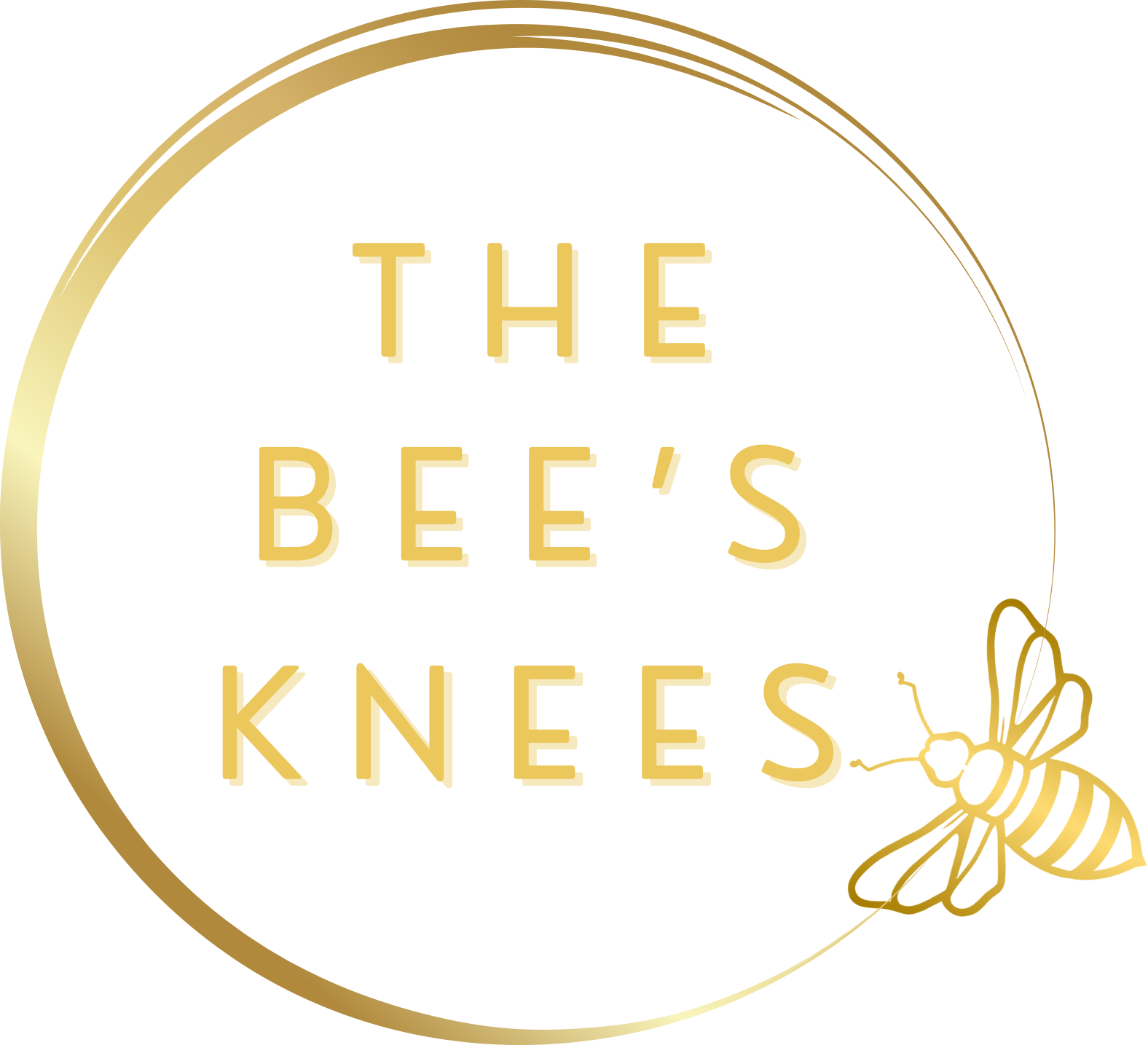The Bee's Knees

A theatrical production by Judy Reynolds
Coming November 15 to 24, 2024
The Theatre Centre
1115 Queen St. W., Toronto
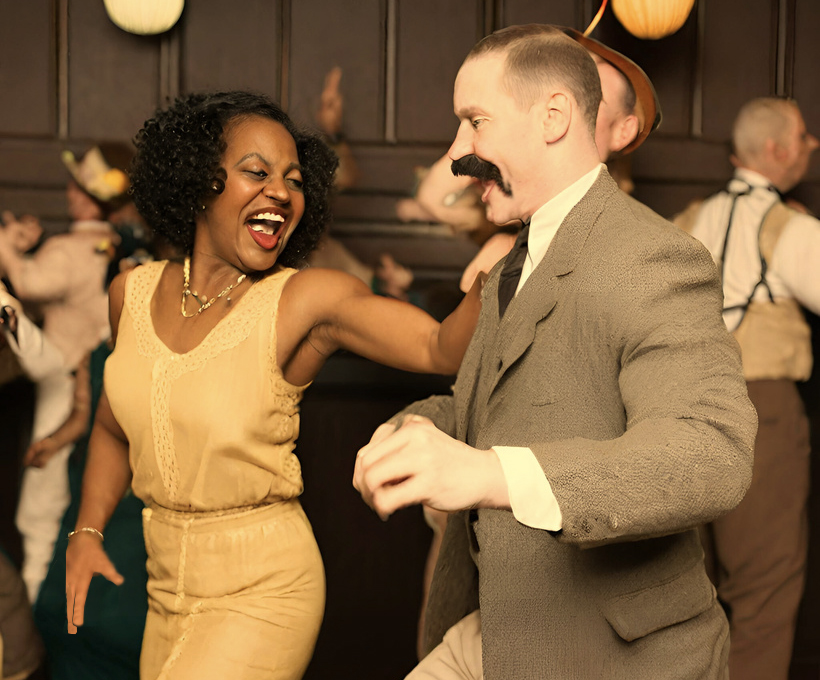
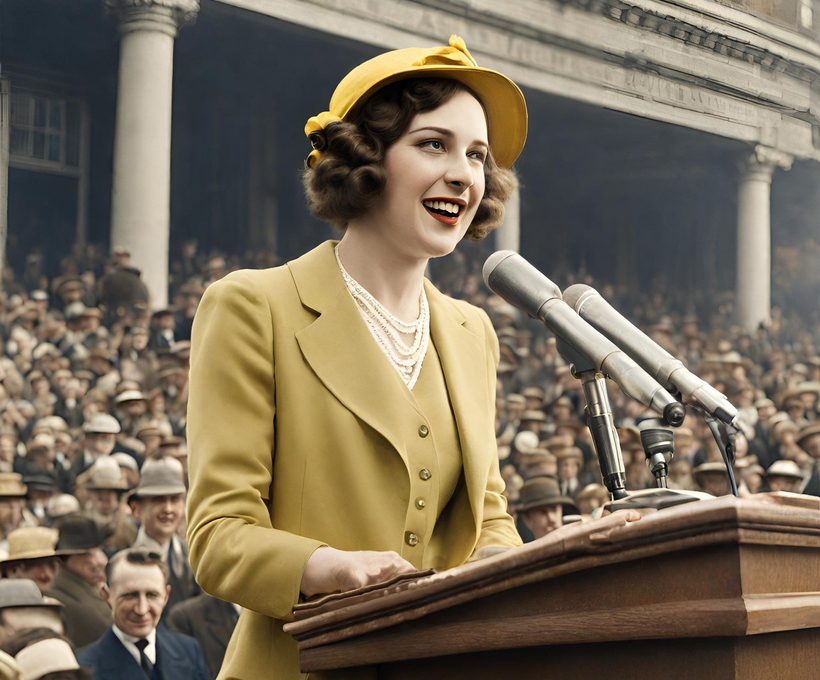
About the play
The Bee’s Knees is a two-act drama with songs. It’s set in the early 1920s when for the first time ever women could run for parliament. The story is centred around two sisters, Bernie, a rebellious young flapper and her older, responsible sister, Dolores. Bernie convinces Dolores to run for office against the local male incumbent.
For a woman of her time, this is a scandalous, dangerous decision. The sisters must deal with smear campaigns, a catatonic mother, the betrayal of female colleagues, and Dolores falling in love, all while running a campaign.
With a large, diverse cast and original jazz-era music, The Bee’s Knees is entertaining and hopeful. It takes you back to the Roaring Twenties, but shines a lens on the 2020s, forcing the audience to examine the landscape of modern leadership.
Learn MoreThe inspiration
When my daughter was around 6 years old she asked me, “Mommy, can’t a woman be prime minister?” She was raised in a feminist household and would never think to ask if women could be astronauts, firefighters, or doctors.
But somehow she wasn’t picking up that women could be world leaders. I wrote The Bee’s Knees because I wanted to show her something better.
— Judy Reynolds | Playwright
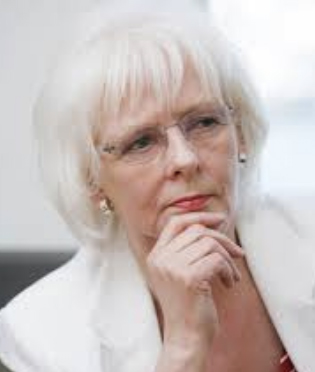
Iceland's first female PM and the world's first openly gay head of state.
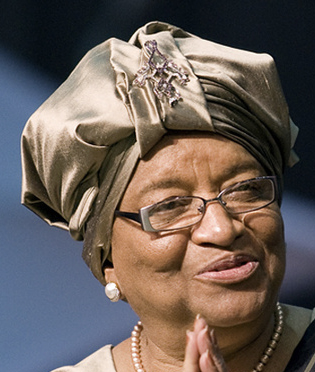
First female president in Africa (Liberia), Nobel Peace Prize recipient.
Key Characters

Dolores
A war widow who fought for the right to vote, Dolores is coaxed back into the political arena. She finds renewed purpose and love, but is completely unprepared for the risks facing a “lady politician”.
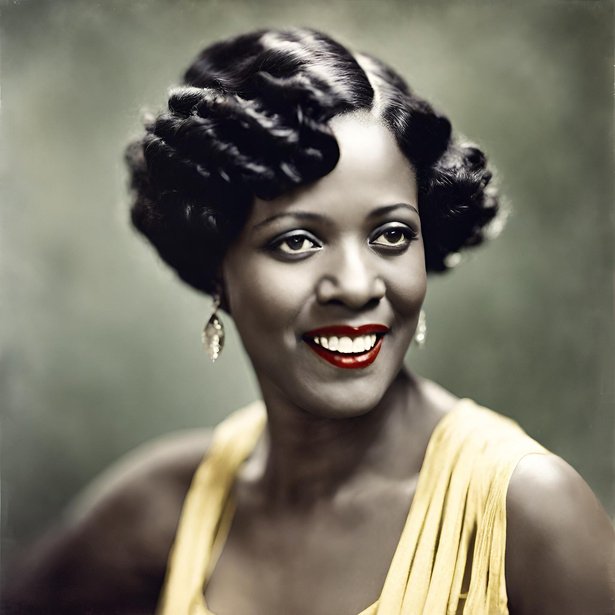
Rita Blue
Entrepreneur and singer, Rita operates the local speakeasy. She has always been one step ahead but now has to decide where she stands. Through her songs, Rita acts as both conscience and commentator, addressing modern times.

Bernie
Intelligent, athletic and the mastermind behind her sister’s campaign, Bernie is the modern flapper girl. But Bernie’s independence hides a deeper wound; guilt and anger over her mother’s illness.

Jerry
The entrenched incumbent, Jerry is morally unscrupulous, charismatic and a savvy politician. He is the epitome of the old boys club and self-proclaimed 20th century man.
See the Show
Show Dates
The Bee’s Knees will be playing
from Nov. 15 – 24, 2024
in the Franco Boni Theatre
at The Theatre Centre.

Address
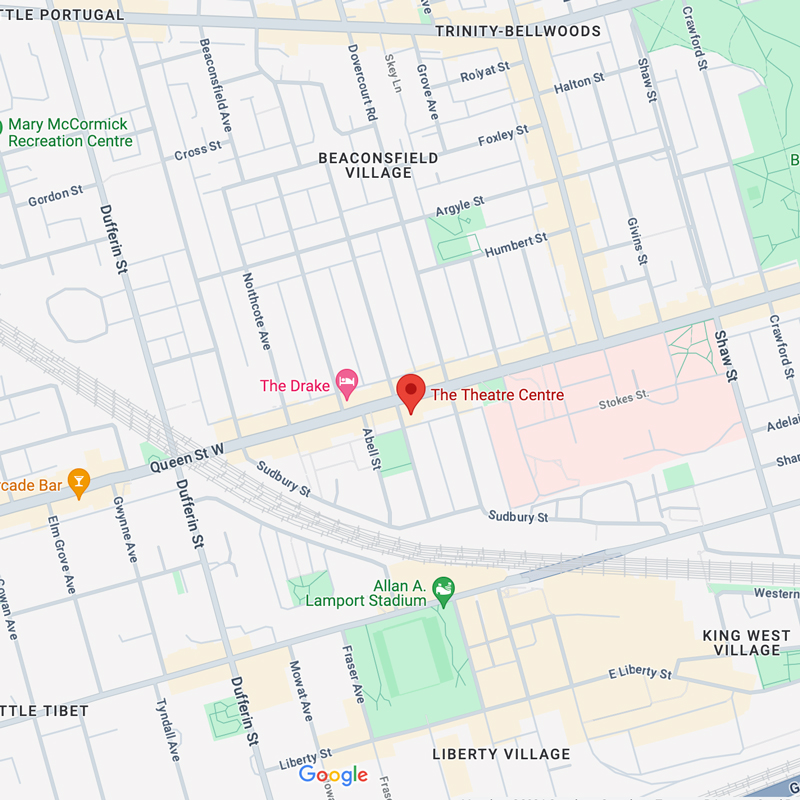
The Theatre Centre
1115 Queen St W, Toronto ON M6J 1J1
Buy Tickets
You can purchase tickets to The Bee’s Knees at The Theatre Centre’s website.
See Showtimes